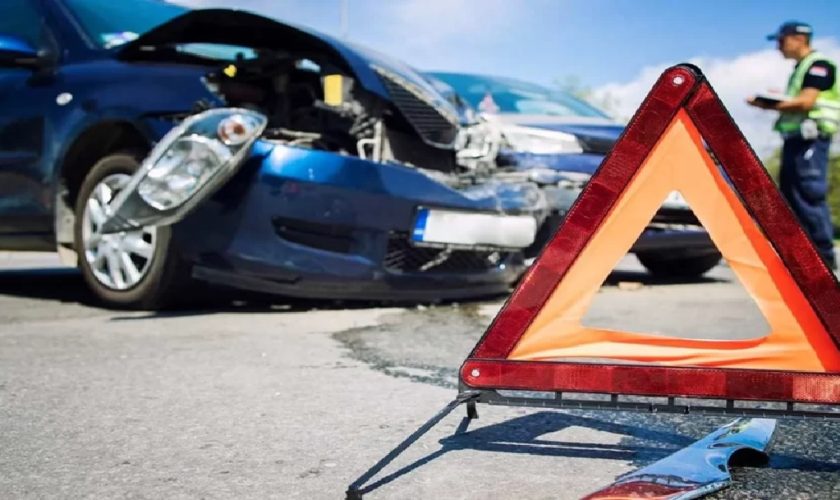A car accident can leave you feeling shaken and unsure of what to do next. Taking the right steps immediately after a collision can make a significant difference in protecting your health, rights, and any potential claim.
Prioritize Safety
The first step is ensuring everyone is safe. Check yourself and others involved for injuries. If it’s safe to do so, move vehicles out of traffic to prevent further accidents. Turn on hazard lights to alert other drivers.
Call Emergency Services
Always call 911 to report the accident, even if it seems minor. Police officers can document the scene and create an official accident report, which is valuable when filing insurance claims or pursuing legal action.
Document the Scene
If possible, gather evidence at the scene. Take photos of vehicle damage, road conditions, and any visible injuries. Exchange contact and insurance information with the other driver, but avoid admitting fault.
Seek Medical Attention
Some injuries may not be immediately apparent. Seeing a doctor ensures your injuries are documented, which is critical for insurance claims or legal cases.
Contact a Lawyer
Consulting with a car accident lawyer can help you understand your rights and navigate insurance claims. An attorney can handle the complexities of your case so you can focus on recovery.
Taking these steps can help you protect yourself and make the aftermath of an accident more manageable.
This post was written by Okoye Morgan Jr., a lawyer with extensive knowledge as a car accident attorney East Tampa FL. Okoye is one of the founding partners of The Black Law Company, specializing in personal injury law, trust and estate law, civil litigation law, and criminal defense.
The information provided on this website does not, and is not intended to, constitute legal advice. All information, content, and materials available on this site are for general informational purposes only. Information on this website may not constitute the most up-to-date legal or other information. This website contains links to other third-party websites. Such links are only for the convenience of the reader, user or browser; the ABA and its members do not recommend or endorse the contents of the third-party sites.



